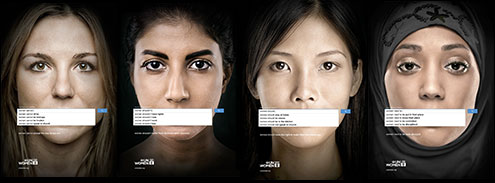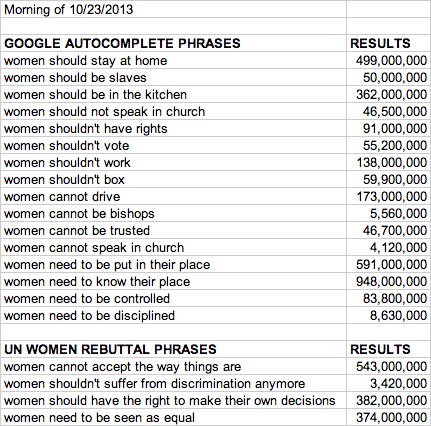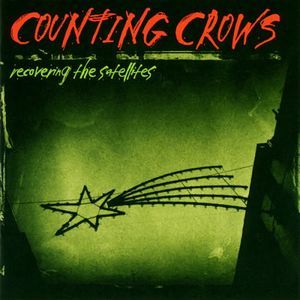
Tired of all those “news” stories looking back at the year gone by? Hope not, because here are some more.
Mobile app development is the biggest of several services at my generous and benevolent employer. We noticed a few things more and more customers were asking for, and put together the thoroughly unscientific “Four Important App Development Trends of 2013“:
In the year 2013, the mobile technology sector has grown immensely. More people than ever own smartphones, and just by September, tablet sales soared 83 percent. Most of the technology trends Gartner compiled involved mobile as well, including HTML 5 / hybrid app development, enterprise app stores, cloud computing, and big data.
In all fairness, though my name is on the piece, a number of people contributed their thoughts and compiled interviews with our developers.
I’ve also begun contributing to The Hippo again after a self-imposed sabbatical. After a Techie gift guide two weeks ago, they asked me for a Techie year in review. So I gave it to ’em, I tell you what:
This has not been a year of dramatic revolution in the tech world, despite what every product launch might want us to believe. Rather, it was a year of logical progressions and advancements, with a few hints of what’s to come.
Yes yes, fingerprint scanner, SnapChat $3 billion, whatever. Humbug. Thirteenth straight year of the twenty-first century with no commercially available flying car.

“Reserve Now” doesn’t count, you wacky mechanical seagull.
There were also plenty of stories I started to write about, but flaked out on for one reason or another. Usually it was just lack of time or other priorities, but for one in particular I hemmed and hawed over the right wording until the story had faded from the news cycle.
In October, a provocative series of ads was unveiled by UN Women, the United Nations Entity for Gender Equality and the Empowerment of Women. The ads depicted the faces of women with the Google search box superimposed over their mouths; under entered text like “women should” and “women need to” were autocompleted phrases suggested by Google, such as “women should be slaves” and “women need to be put in their place“. The title of UN Women’s news release was, “UN Women ad series reveals widespread sexism“.

I wasn’t convinced, and started composing an entry with the cheeky title, “Women Should Take the Google Autocomplete UN Ad With a (Small) Grain of Salt”. I noted that Google’s help page on Autocomplete isn’t very specific on how it works, saying that search queries and content on web pages influence the suggestions “algorithmically”.
I drafted up a spreadsheet showing the number of results for the Autocomplete suggestions as well as the rebuttal phrases on the UN posters, as of two days after the story broke:

The numbers of results were all over the map, from a few million pages to nearly a billion for one set of words. The “cannot” rebuttal phrase had more results than all four of Google’s suggestions combined; whether they existed before or only after the ad series was publicized, I don’t know. My point, as much as one existed, was that Autocomplete results are not great evidence of sexism. As the most cogent portion of my draft blog entry said:
It’s also important to note that the mere mention of a phrase (or its constituent words) does not imply agreement. A matching Google result might be a piece expressing outrage at or arguing against an opinion expressed in a search. Indeed, one prominent person saying something objectionable often spawns thousands of articles spotlighting the incident.
For example, the number one result for “women should stay at home” was an AmericaBlog story lambasting Fox News for expressing that opinion. The next was a similar critique of a Catholic cardinal saying the same thing. The third was a WebMD article asking, “Working Mom Vs. Stay-At-Home Mom: Which Works for You?”, a valid question for individuals to consider for themselves. It wasn’t until my sixth result that the concept of imposing the standard of women staying at home was phrased as even debatable.
Likewise, we have no idea what the intention was of Google users who entered that search phrase. It could have been misogynists looking for support or feminists looking for debunking resources.
All we can really conclude from this experiment – and perhaps this is no consolation – is that these combinations of words are prevalent on the Internet. The biases implied by these phrases, even if they’re not agreed with, are in the collective conversation online. An optimistic view might be that those biases are on record and being addressed rather than completely internalized, accepted, and ignored.
Worried that questioning the technical means used by the ad agency hired by UN Women would be taken as trying to deny that sexism exists, I never posted. Well, until now. Hate comments below, and happy new year.
 Part 1 of 12 Albums That Stuck With Me
Part 1 of 12 Albums That Stuck With Me









